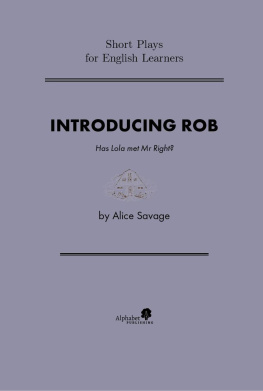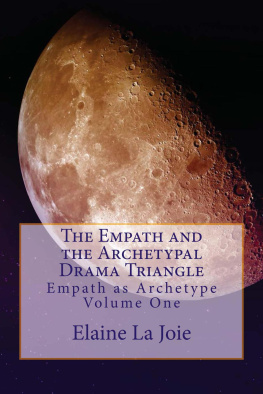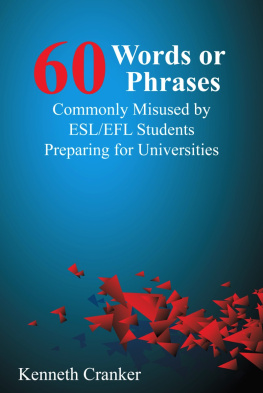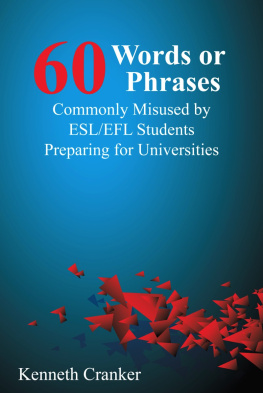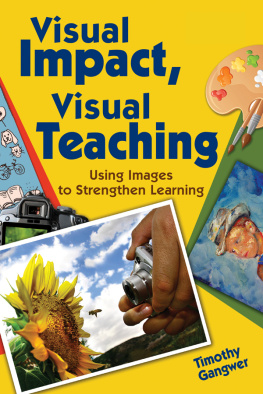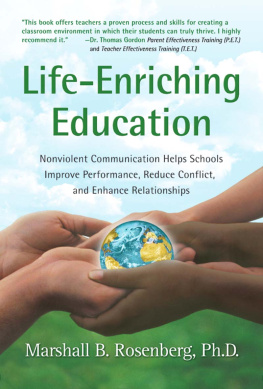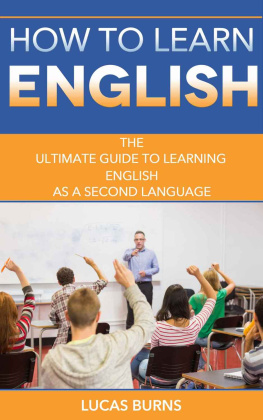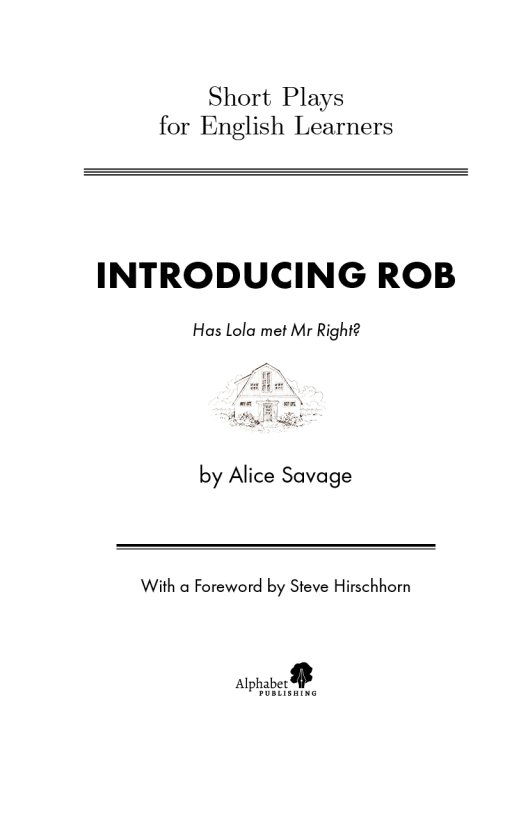Alice Savage - Introducing Rob
Here you can read online Alice Savage - Introducing Rob full text of the book (entire story) in english for free. Download pdf and epub, get meaning, cover and reviews about this ebook. year: 2019, publisher: Alphabet Publishing, genre: Children. Description of the work, (preface) as well as reviews are available. Best literature library LitArk.com created for fans of good reading and offers a wide selection of genres:
Romance novel
Science fiction
Adventure
Detective
Science
History
Home and family
Prose
Art
Politics
Computer
Non-fiction
Religion
Business
Children
Humor
Choose a favorite category and find really read worthwhile books. Enjoy immersion in the world of imagination, feel the emotions of the characters or learn something new for yourself, make an fascinating discovery.
- Book:Introducing Rob
- Author:
- Publisher:Alphabet Publishing
- Genre:
- Year:2019
- Rating:5 / 5
- Favourites:Add to favourites
- Your mark:
Introducing Rob: summary, description and annotation
We offer to read an annotation, description, summary or preface (depends on what the author of the book "Introducing Rob" wrote himself). If you haven't found the necessary information about the book — write in the comments, we will try to find it.
These scripts will give students the opportunity to confidently practise language in a safe and structured setting where they can enjoy playing roles and bringing the story to life. ... theyll be having so much fun that they wont even realise that they are learning!
David Farmer, NILE training consultant, theatre director, and author, Learning Through Drama and 101 Drama Games and Activities
Dedicated careerwoman, Lola, thrills her family when she brings home a boyfriend. But when they meet him, they realize something is wrong with Mr. Right. This engaging and suspenseful comedy will get students talking about how we choose our partners and how well they should get along with our family. However, this play was written for English students to improve their communication and speaking skills.
As students read, practice, and perform these plays, they will learn:
communication in cultural contexts
conversational moves, such as sharing feelings and expressing empathy
use of intonation and body language
high frequency lexical phrases and grammar patterns
Short enough for a project in a speaking class, but expandable to fill a whole elective class, drama unit, or theater club production, Introducing Rob makes drama in the classroom a good thing!
5 characters, 5 scenes, about 15 minutes to perform.
Language of the play is graded to A2+/B1 (intermediate) level, although the demands of performance may be higher
In addition to the script, this book contains:
Preview activities
Pragmatics lesson on answering a false accusation
Advice on producing a play
Pronunciation tips
Glossary of theater vocabulary
Alice Savage: author's other books
Who wrote Introducing Rob? Find out the surname, the name of the author of the book and a list of all author's works by series.

